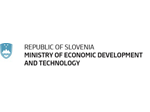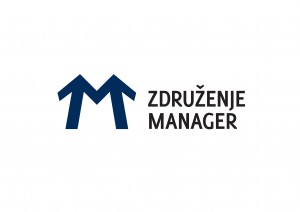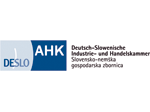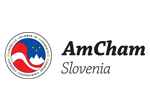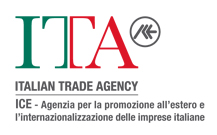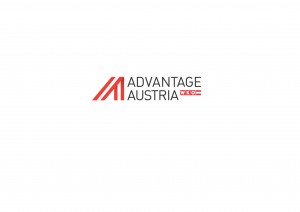Businesses Want Action, Clarity on Foreign Investment
- Written by FDI
- October 23, 2014 at 7:29 am
-
Business representatives urged the government to have a clear message about the desirability of foreign direct investments (FDI), focus on improving competitiveness and act rapidly as the annual FDI Summit got under way in Ljubljana on Wednesday. “Decide what you want to be famous for and act with speed,” David La Rose, IBM general manager for Central and Eastern Europe told an AmCham business breakfast.
What is required is “clear communication about openness to FDI” and making sure that the administration behind attracting foreign investors is “flawless”, added Aleksander Zalaznik, general manager of Danfoss Trata. Slovenia needs to have an open discussion at the political level and say “yes,FDI is welcome and we will do the utmost as a country to support it,” according to Zalaznik.
Meanwhile, Vojmir Urlep, the CEO of Novartis-owned pharma company Lek, said Slovenia must reduce labour costs, continue privatisation, and reduce the complexity of processes. The proposals capped a debate about what Slovenia should do to make itself attractive to foreign investors, who highlighted poor competitiveness as the main obstacle.
Urlep said Lek’s strength was its know-how, but the company is struggling to pay top talent given the high cost of contributions. “We compete based on know-how and expertise, but this is not the exclusive domain of Slovenia, it is available globally, where it can be gained at much lower cost than in Slovenia.” This is especially pressing when Lek enlists talent from abroad, when it faces a major obstacle in trying to give such personnel attractive pay.
Similarly, La Rose said the first thing IBM was looking for when deciding where to invest was the labour force, which is why it is important for a country to know what it is good at. Zalaznik noted that Slovenia was good in niche industries, which is “a good start”, but it needs to do more if it is to attract big investors. The speakers shared a view that Slovenia is being held back by a sprawling public administration, but Urlep noted that cutting public expenditure alone will not address its woes.
He said the government needed to focus on how to increase budget revenue, which requires higher industrial activity. “We cannot do it alone, we need FDI.” They also highlighted that subsidies were not the way to support private investments. La Rose noted that for IBM tax credits may be used to close a deal, but they were not the key part of the company’s decision to invest. Urlep, meanwhile, said subsidies can have a positive impact “but in a competitive environment they are not necessary and can be counter-productive”.
Related Posts

Video: FDI 2016 December 12, 2016



















